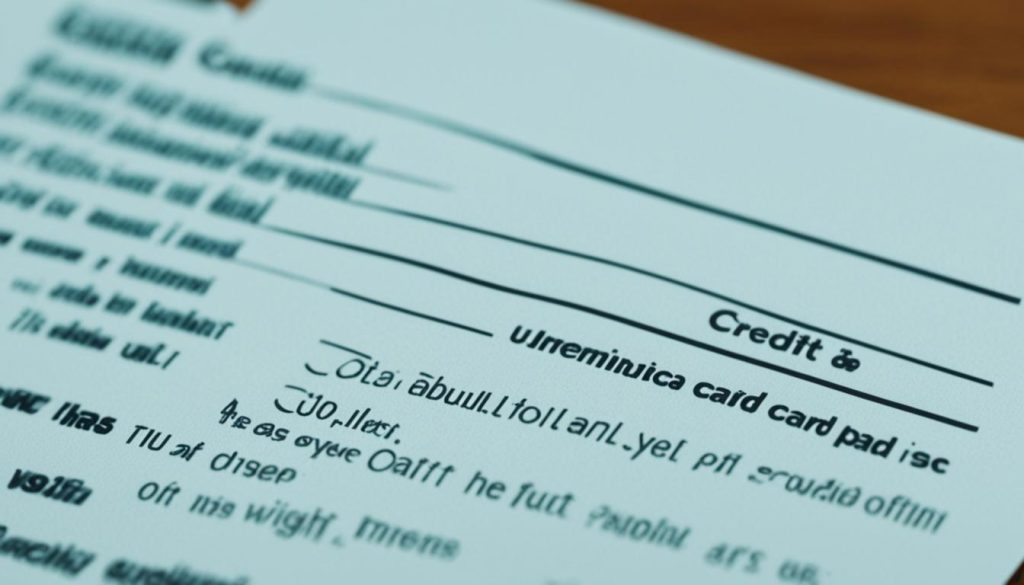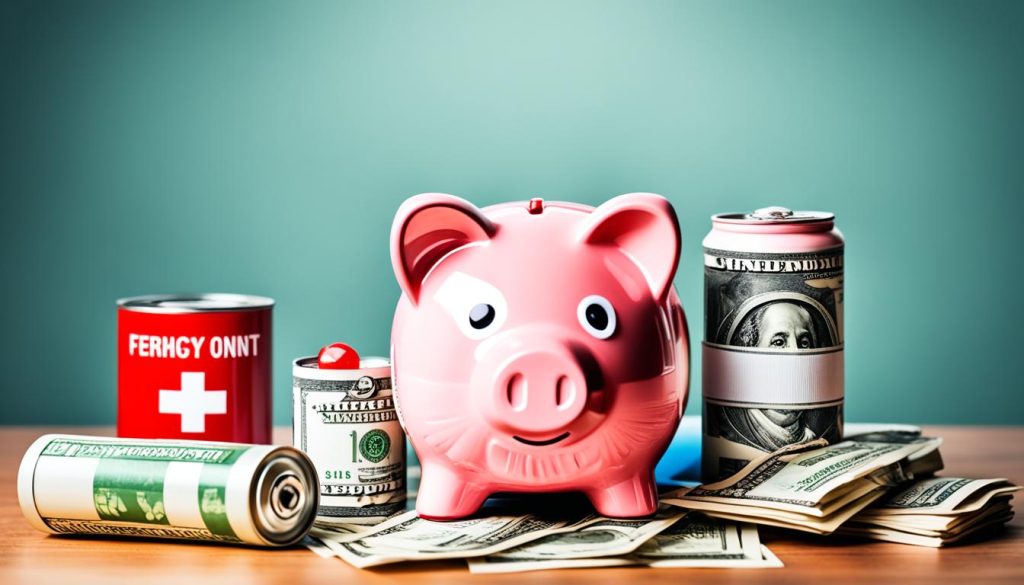- Auto Body Repair - Collision Center
- Leon Valley (210) 680-1987
- Windcrest (210) 858-3630
- info@miraclebp.com

Beyond Repairs: Enhancing Vehicle Performance with Expert Care

Hit the Road: Essential Auto Repairs for Summer Road Trips
Welcome to our spring cleaning guide for your car! As the weather warms up and nature comes back to life, it’s the perfect time to give your vehicle some much-needed care and attention. Regular maintenance and cleaning can not only extend the lifespan of your car but also improve its performance and resale value. In this article, we’ll share some expert tips and tricks for spring cleaning your car, so you can hit the road with confidence and enjoy a fresh start.
When it comes to spring cleaning your car, there are a few key areas to focus on. From the exterior to the interior, every nook and cranny deserves some love and cleaning. Keeping your car in top shape not only ensures a pleasant driving experience but also helps maintain its appearance and functionality for years to come.
Key Takeaways:
- Regular spring cleaning enhances your car’s performance and resale value.
- Focus on both the exterior and interior of your car.
- Keep your car sparkling clean and protect it from dirt, grime, and weathering.
- Don’t forget about the engine, tires, and undercarriage.
- Invest in quality cleaning products and follow recommended techniques.
Now that you have an overview, let’s dive into the details of each cleaning step for a thorough spring cleaning of your beloved vehicle. Get ready to roll up your sleeves and give your car the TLC it deserves!
The Importance of Paying Credit Card Bills in Full
When it comes to managing your finances, one of the most crucial habits you can develop is paying your credit card bills in full each month. By doing so, you not only avoid accumulating interest on the remaining balance but also maintain your financial strength and stability.
By paying your credit card bills in full, you prevent any negative impact on your credit score. Late or partial payments can lead to a lower credit score, making it harder to secure loans, mortgages, or favorable interest rates in the future. Paying in full reflects responsible financial behavior and demonstrates to lenders and creditors that you are a reliable borrower.
Additionally, by paying your bills in full, you avoid falling into unnecessary debt. If you only pay the minimum amount due, the remaining balance rolls over to the next billing cycle and accrues interest. Over time, this interest can accumulate and create a significant financial burden.
By making it a priority to pay your credit card bills in full each month, you exercise control over your spending and avoid the stress of mounting debt. It enables you to maintain a healthy financial lifestyle and frees up your funds for other essential expenses, savings goals, or investments.
The Impact of Late Payments
Late payments on credit card bills can have adverse effects on your credit history. Even a payment that is just a few days late can result in a late payment fee, which can add to your financial burden. It’s important to be aware that late payments can stay on your credit report for up to seven years, potentially impacting your financial opportunities in the future.
Furthermore, consistent late payments may lead to your credit card issuer increasing your interest rate. This can make it more challenging to pay off your balance, as more of your payment goes toward interest rather than reducing the principal amount. It’s a cycle that can be difficult to break free from, making it even more crucial to pay your credit card bills in full and on time.
Take Control of Your Financial Strength
Paying your credit card bills in full is a key component of maintaining financial strength and stability. It ensures that you remain in control of your finances and avoid unnecessary debt. By prioritizing full payments, you can build a positive credit history, maintain a high credit score, and open doors to future financial opportunities.
Remember, paying your credit card bills in full each month is not only a smart financial decision but also an essential step toward achieving your long-term financial goals. Take charge of your financial future by prioritizing full payments and enjoying the peace of mind that comes with financial stability.

Building an Emergency Savings Fund
In addition to paying off credit card bills, it is crucial to prioritize building an emergency savings fund. This fund acts as a safety net, providing financial stability and protection against unexpected expenses. By setting aside money specifically for emergencies, you can avoid going into debt and maintain your overall financial well-being.
While it is commonly recommended to have 3-6 months’ worth of savings, financial expert Suze Orman advises aiming for eight months. This additional buffer ensures a greater level of security, giving you peace of mind in case of a layoff, medical emergency, or any other unforeseen circumstances.
To start building your emergency savings fund, it’s important to allocate a portion of your income towards savings each month. Treat it as a non-negotiable expense, just like a bill payment. Set up automatic transfers to your savings account, making it easier to consistently contribute without even thinking about it.
Tip: Consider opening a high-yield savings account that offers competitive interest rates. This way, your emergency fund can grow over time, helping you achieve your financial goals faster.

Benefits of an Emergency Savings Fund
An emergency savings fund provides several key benefits:
- Financial Stability: Having an emergency fund creates a safety net that protects you from falling into debt during unexpected situations. It provides stability and peace of mind, knowing that you have a financial cushion to rely on.
- Flexibility: With emergency savings in place, you have the flexibility to handle unforeseen expenses without disrupting your regular budget or dipping into your long-term savings. It allows you to navigate emergencies without compromising your financial goals.
- Reduced Stress: Knowing that you are prepared for unexpected expenses reduces financial stress and anxiety. Instead of worrying about how you will cover emergency costs, you can focus on finding solutions and moving forward with confidence.
By prioritizing your emergency savings, you take a proactive step towards achieving financial stability and avoiding unnecessary debt. Start building your emergency fund today to protect yourself and your loved ones from unexpected financial challenges.
Planning for Retirement and Securing Your Future
When it comes to achieving financial strength, retirement planning plays a crucial role in securing your future. Suze Orman, a renowned financial expert, advises contributing a minimum of 10% of your gross income to a retirement plan. Options like a 401(k) or an IRA can help you build a substantial nest egg over time.
However, simply contributing to a retirement plan is not enough. It’s essential to have a long-term asset allocation strategy for your retirement investments. As you approach retirement age, gradually shifting towards more conservative options can protect your hard-earned savings and reduce the potential for substantial market fluctuations.
While planning for retirement, it’s also important to consider the financial well-being of your loved ones. Term life insurance can provide a safety net for your family in the unfortunate event of your passing. This financial protection ensures that your loved ones are taken care of and can maintain their quality of life.
Additionally, to safeguard your estate and ensure a smooth transition of assets, having essential legal documents in place is crucial. These include a will, a trust, an advance directive, and the appointment of a healthcare proxy. Proper estate planning allows you to dictate how your assets will be distributed, providing peace of mind for both you and your loved ones.


